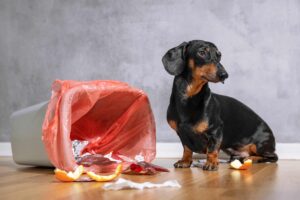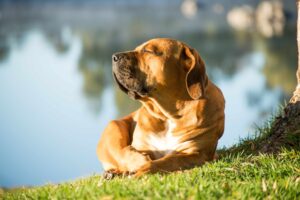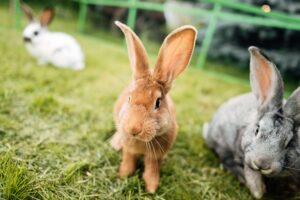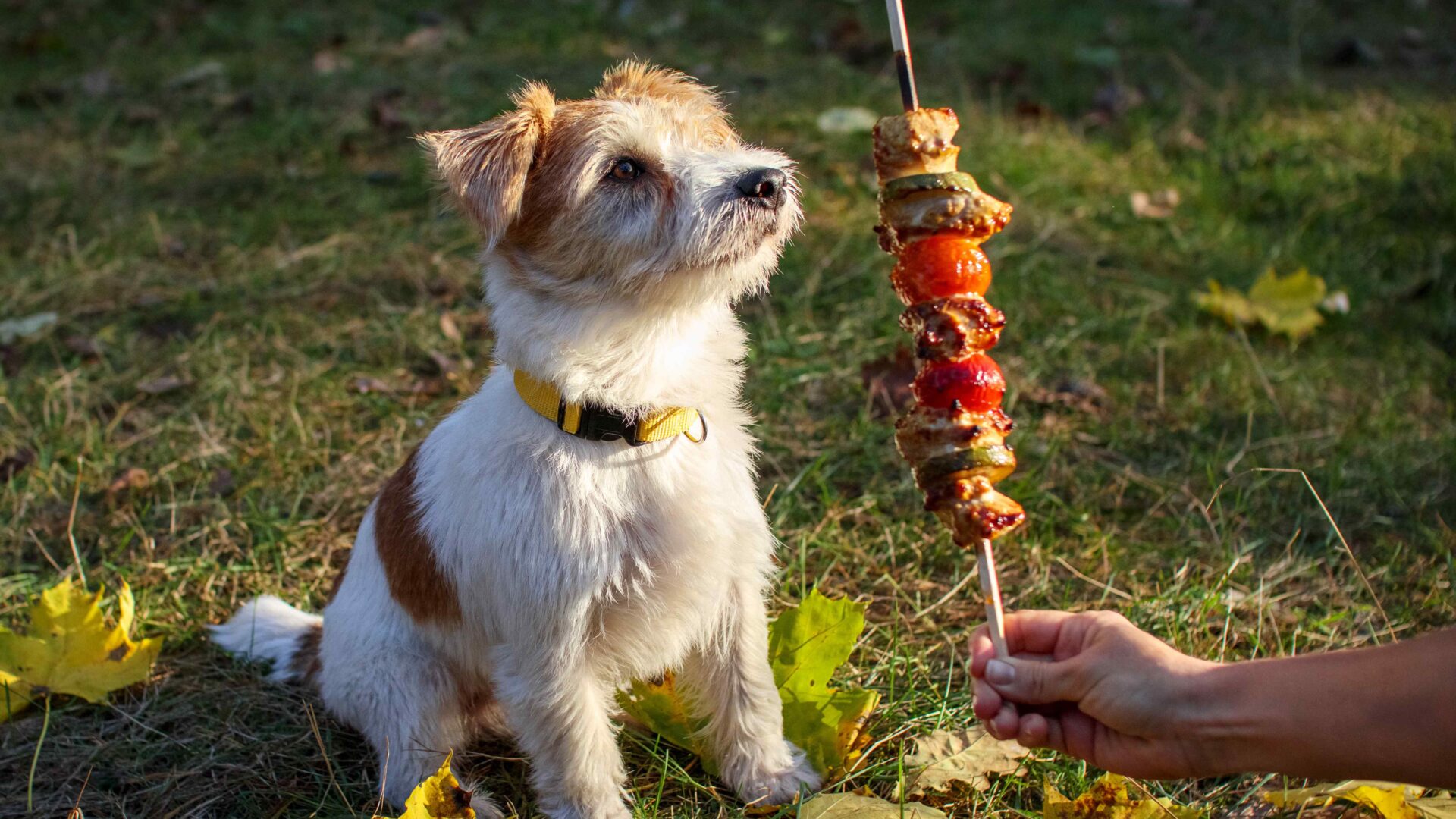Updated: 12/05/25
The weather is getting warmer and BBQ season has come back around – hurray!
For many of us, this means relaxed afternoons in the garden, lighting up the grill and enjoying delicious food in the sunshine. What’s not to love?
Unfortunately, despite the obvious advantages for us as pet owners, this time of year can pose a surprising number of risks to our pets’ health.
To help, we have compiled a list of nine tips to keep your pets safe this BBQ season, so you can kick back and relax without any nasty surprises or trips to the vet!
On this page:
- Keep pets away from the grill
- Don’t share BBQ food
- Keep food waste and rubbish out of reach
- Use plastic cups instead of glass
- Safety in the sun
- Be smoke safe
- Make sure your pet has a quiet area
- Choose pet-safe plants
- Be careful of flystrike
1. Keep pets away from the grill
Pets should be kept a safe distance from the BBQ, as the smell of cooking food can be enticing and risk serious burns.
Never leave pets unattended with a hot grill, and cool the BBQ down as quickly as possible after cooking.
Be sure to clean up any grease which falls from the BBQ, as scavenging pets may accidentally eat grease-covered stones or gravel when hoovering the floor for scraps.
2. Don’t share your BBQ food
Don’t give in to those puppy dog eyes or wailing meows! BBQ scraps can give our pets a tummy upset.
The high fat content of things like sausages and burgers can sometimes cause pancreatitis (inflammation of the pancreas) and onions (as part of the allium family of plants) are also toxic to cats and dogs.
The safest option is to feed pet-safe treats instead. If your pets knew what you were protecting them from, they would thank you for it!
3. Keep food waste and rubbish out of reach
BBQ food waste and rubbish can prove tempting for our pets, but bones, food packaging, kebab skewers, cocktail sticks, and the inner part of corn on the cobs can all pose a serious risk to our pets if eaten, potentially causing blockages and damage to the stomach or intestines.
Alcohol is also toxic to our dogs and cats, so spills and leftover drinks should be cleaned away and safely disposed of.

4. Reusable plastic cups are a safer option than glass
Broken glass is a pain to clear up in the house, but can prove nearly impossible to clean up in the garden, particularly if it spreads on to the grass.
Reusable plastic cups offer both an environmentally friendly and safe option if dropped, protecting both paws and human feet!
5. Be aware of pet sun safety
Keeping our pets safe in the sun becomes more and more important as the weather gets warmer.
Our pets should always have access to shade and plenty of fresh, clean water. Thinly furred areas such as the bridge of the nose and tips of the ears are at risk of sunburn.
Consider using a pet-safe sunblock on these areas, particularly if your cat or dog has a pale coat.

6. Be smoke safe
A BBQ may irritate our pets’ airways, so ensure they are kept away from the smokiest areas and that any caged outdoor pets are moved to a well-ventilated area away from the smoke.
7. Make sure your pets have a quiet area
What’s fun for us can sometimes be very scary for our pets.
Smoke, loud music and overexcited children can sometimes prove overwhelming for our furry family members, and it is important they have somewhere peaceful to retreat to if needed.
8. Choose pet-safe plants
When BBQ season starts, we are often keen to get the garden looking its best. Keep your pets safe by choosing plants which are safe for pets and would be non-toxic if eaten.
9. Flies aren’t just a threat to our food
Flystrike is a horrible disease caused by flies laying their eggs on our rabbits during warmer weather.
The maggots that hatch eat away at the rabbit’s flesh, and this can prove fatal if not caught early.
To keep your rabbits safe, check they have clean bottoms daily and speak to your vet about preventative products.
Keeping your rabbit’s fur clean, checking for open wounds, cleaning their housing regularly and removing fresh, uneaten food will help to protect your rabbit from flystrike. You can speak to your vet about your rabbit’s risk of fly strike and the preventative products that are available.

If your pet is unlucky enough to hurt themselves or become unwell this BBQ season, do not hesitate to reach out to your vet for advice and support.
Found this article useful? You may like:

